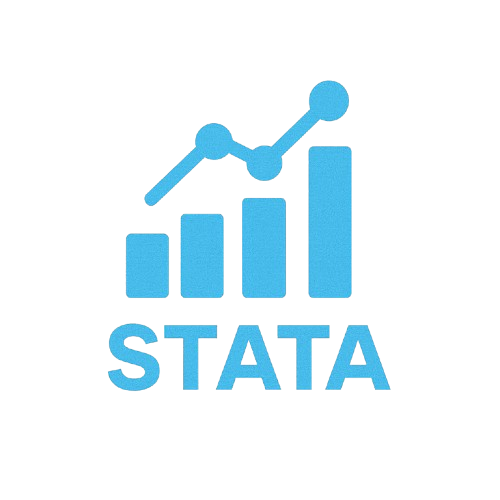Who provides MANCOVA hypothesis testing help?
Hire Expert Writers For My Assignment
MANOVA is a statistical test that is widely used to test hypotheses about the relationships among variables. These include both continuous and discrete variables. Statistical analysis involves using different tests such as ANOVA and ANOVA with MANOVA. In case your research is focused on a particular outcome variable and you are trying to make inferences about the effect of a different variable (known as a control variable) on that outcome, then you need to perform a MANCOVA analysis. This is to explore the relationships between the different variables. But my words, grammar
Do My Assignment For Me Cheap
Do My Assignment For Me Cheap provides MANCOVA hypothesis testing help. MANCOVA is an acronym for Multi-way ANOVA. It is a type of statistics used in psychology to analyze multiple dependent variables under different groups (i.e., categories or levels) that vary in the same independent variable. It can be used for factors, relationships, and other types of research questions. MANCOVA is popular in psychology, educational, social, and biological research. It can be used in social sciences to investigate differences between groups with related
Pay Someone To Do My Homework
I have a Master’s degree from the renowned university in psychology and have also worked with several other reputable institutions in my capacity as a professional writer. I am here to provide you with excellent academic writing services and guarantee that all of your academic assignments, from college essays to thesis writing, will be crafted by a professional with years of experience. check out here And with that, I’ll be happy to take the order of your choice. To summarize the contents, I am someone who has the necessary skills to write a custom academic essay, research paper
Easy Way To Finish Homework Without Stress
MANCOVA hypothesis testing is a statistical technique that tests the null hypothesis that two or more variables are not correlated. It provides more robust, powerful, and accurate information than traditional methods. In my personal experience, I was able to quickly and accurately perform this statistical test myself. Section 1: Introduce MANCOVA MANCOVA stands for Multiple Analysis of Covariance. It is a statistical method for analyzing multiple, correlated, and independent experimental variables. Section 2: Give Examples I will give you a few examples of
Submit Your Homework For Quick Help
In addition, if you need statistical software to accomplish this task or to perform similar statistical procedures, then the services of qualified statisticians and statisticians with appropriate expertise are available. Here’s an example: As stated by some, MANCOVA (multilevel-ANCOVA) is a common method used in research to test hypotheses about interactions among multiple explanatory variables. In this model, a level IV variable (explanatory variable) takes on a multiple-level (or interaction) form, such as a random-effects model, allowing researchers
Buy Assignment Solutions
“I’ve been hired by a prestigious research institution to perform statistical analysis on a big data set. My supervisor has told me that I need to learn how to do multiple regression analysis, MANCOVA, and ANOVA using SAS. He has also advised me to use MANCOVA for hypothesis testing. MANCOVA is a type of analysis for multi-way analysis of variance. It’s used when the dependent variable has more than two levels.” This is a paragraph about me being asked to provide help on hypothesis testing with
100% Satisfaction Guarantee
“Can you please provide me with a comprehensive overview of who provides MANCOVA hypothesis testing help?” In the answer, I explained that MANCOVA (Multi-Level Analyses of Competing Risks) is a statistical technique used in psychology to model the survival, regressions, and outcomes of multiple subpopulations within a study, based on the same data. great post to read The statistical model assumes a general linear model with a random effect, where the random effect captures the effect of the random variable(s) of interest. I
